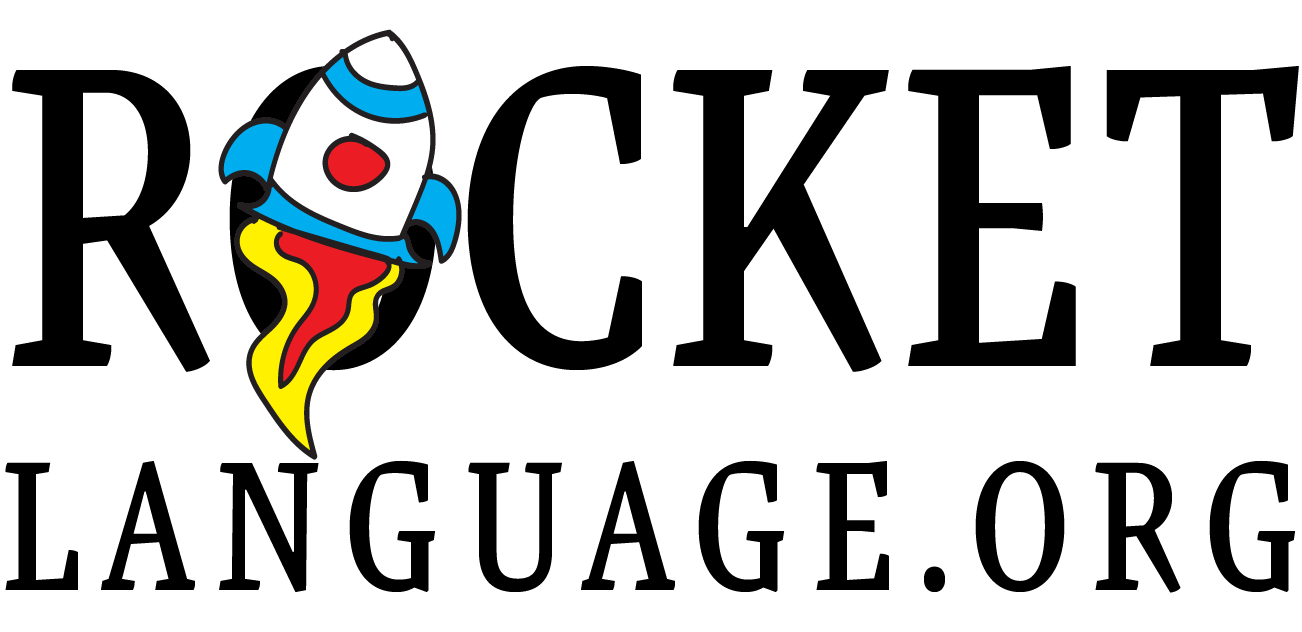5 Paths to Compelling Comprehensible Input
The Challenges
Novice learners need sustained comprehensible input; placing the burden on teachers. Teenagers who start to learn a language experience a huge gap between videos and texts on their interests and their language proficiency. To follow the advice of the American Council on the Teaching of Foreign Language (ACTFL.org), we scour the web authentic texts for novice readers, settling on infographics and Mr. Bean-like videos. If learners will ever be able to access authentic texts they need to start as novices. In the ACTFL forum, Paul Sandrock recently advised a mix of authentic and teacher created materials.
#1 Access Emotions
Following the lead of Jane the Virgin, consider writing a simple story that activates human emotions. The pictures can carry the story, while the students hear/read simple language over and over. Students will get caught up in the story. Check for comprehension starting with simple yes or no and ending with open-ended questions. No time to write a story yourself? Act it out with the students. Ask an advanced or heritage student to illustrate simple script and ask them to illustrate it for the novice students.
- Tips for writing compelling narratives from Among the Myths
- Key Presentation Ideas to Steal the Audience from GraphicMama
- Try StoryboardThat.com for quick generation of visual stories
#2 Make it a Mystery
Students can explore and riff on role playing with simple greetings and physical and personality descriptors. With a little simplification, you can translate the free mysteries at playingwithmurder.com. If the characters are too challenging for novice low learners, students can collaborate to play one character together.
#3
Make it about the
Student
Everyone enjoys stories about themselves. In the first week or when there is a substitute, students write an anecdote about something funny that happened to them. Retell the story in simple target language and drawings while students guess who experienced the story.
Spontaneously inquire about the students even at novice levels by feeding language to the them with either/or and yes/no questions. Use the information to create comprehensible input on the spot. In the words of Alyssa Villarreal, when you think you have given enough comprehensible input, give more.
#4 Tell them Something they don't know
Rather than teaching school supplies, consider telling the students about a culture practice or scientific finding. Teacher can use photos, infographics, or short blogs for visual support. When students view a cultural photo, they hypothesize with one word what is happening. The teacher uses simple questions to guide students to the explanation. Search for the name of the country and culture pictures
· 81 best Mexican Culture images on Pinterest
· 937 best Beautiful Japanese Culture images on Pinterest
· 296 best China, culture, people. images on Pinterest
#5 Make it Interactive
Empower students to direct the story within the constraints of their productive language. As you tell speak, ask students to demonstrate meaning with hand gestures. Students to interact with vocabulary props or the storytelling visuals so that movement enhance learning.
- A quick scan of the room, and the teacher knows who doesn’t understand or isn’t engaging in the learning
- Language Acquisition requires that students interact with the input to create the mental model of the brain.
- The gestures make language more comprehensible
- Each individual student engages with the input many more times than when only one is called on
Students can also engage with the input when working with a partner. Once students are at novice high, they have enough language to process an article or visual with a partner for a minute. When students engage and interact with the input, their comprehension deepens.
Next Steps
Share your resources at a State Conference. The Washington State Association for Language Teachers is accepting proposals right now. If you are a member the American Council for Language Teaching (ACTFL) you can post resources in the forum. If thousands of teachers shared their comprehensible input, we would have enough for all our courses.





